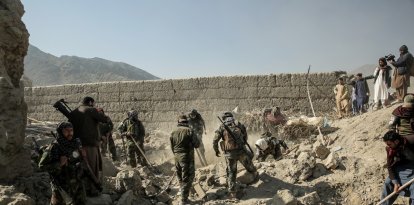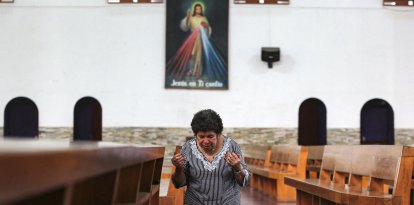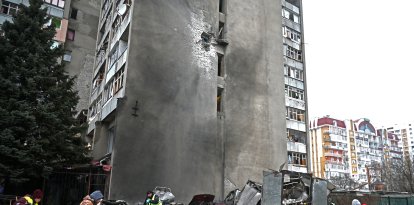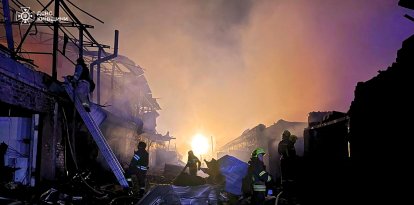Israel accuses Iran of hacking Ziv Hospital's information system
In turn, a group of Israeli hackers claimed responsibility for the attack on the network of Iranian state gas stations that caused the closure of 70% of supply points.
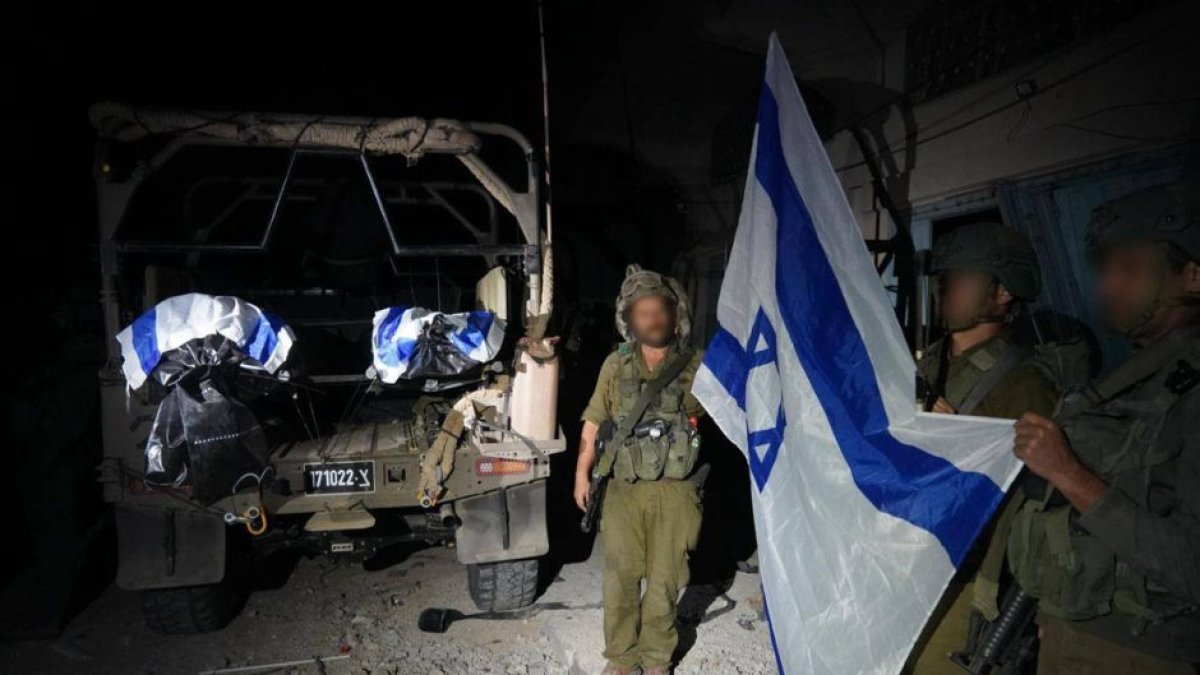
(Cordon Press)
Israeli authorities on Monday pointed to Iran as responsible for the computer attack against Ziv Hospital in the city of Safed, in November. The Israeli National Cybersecurity Directorate (INCD) presented a report in which it offered some details about the attack.
According to the report from Israeli authorities, Hezbollah also participated in the hacking of a medical center, which targeted other hospitals. The INCD believes that the objective was not specifically to damage the Israeli medical infrastructure, but to erode the government and society in Israel, which has been in a state of war for more than two months.
The report states that the hackers managed to obtain sensitive information contained in the computer records of the medical center's system. The data of many patients was disclosed online. However, the computer security system prevented hackers from controlling or interrupting the day-to-day operations of Ziv Hospital.
The group that the INCD has directly accused is known as AGRIUS, which maintains a close relationship with the Iranian Ministry of the Interior as well as Hezbollah. Israel even identified one of the leaders of this latest operation, Mohammed Ali Marai.
70% of Iran's gas stations out of service
After the attack on Israeli medical centers, a group of hackers opposed to the Iranian Islamist regime attacked the country's fuel supply infrastructure. It resulted in the neutralization of 70% of Iran's gas stations.
This Monday, the Israeli group known as "Gonjeshke Darande" ("Sparrow Predator" in Persian) claimed responsibility for the attack on key Iranian fuel infrastructure. "This cyberattack comes in response to the aggression of the Islamic Republic and its proxies in the region," the group said in statements in Persian and English. It refers to the continuous attacks by Houthis, the Yemeni rebel group, against cargo ships and oil tankers circulating through the Red Sea.
Iranian state media confirmed the issues at gas stations, citing a "software problem" as the cause and urging people not to rush to stations that were still operational. The country's Oil Ministry said that more than 30% of gas stations were still in service. The country has about 33,000 gas stations.
BP ceases operations in the Red Sea
Due to the continued attacks by Houthis in the Red Sea, British oil company BP announced Monday that it will stop transporting crude oil through the sea. According to the BBC, who reported the news, it is a temporary stoppage.
The Red Sea is an important passage for the transport of goods and fuel for Israel, which is why Houthis, backed by Iran, began attacking cargo ships circulating through these waters. Israel has a port city on the sea, Eilat.
Despite the presence of warships from Western countries, equipped with missiles and aircraft-interception weapons for the defense of trade routes, several cargo ships were damaged in recent weeks due to Houthi attacks, using drones and long-range missiles launched from Yemen.
Secretary of Defense Lloyd Austin in Israel
Defense Secretary Lloyd Austin visited Tel-Aviv Monday to meet with Israeli officials. The Pentagon official took the opportunity to once again support Israel in its war against Hamas in what he described as "a war of civilization against barbarism."
During his time in Israel, Austin addressed the issue of Houthi attacks in the Red Sea that led to the cancellation of BP's operation in the region. On this matter, he directly targeted Iran for its support for the Yemen rebel group. "This is a battle against the Iranian axis, the Iranian axis of terror, which is now threatening to close the Bab el-Mandeb maritime strait. This threatens the freedom of navigation of the entire world."
The Secretary of Defense concluded that these attacks against freighters and commercial vessels "must stop."
CIA and Mossad meeting with Qatar
The directors of foreign intelligence agencies from the United States and Israel met Monday in Poland with the prime minister of Qatar to discuss the release of hostages being held in Gaza by Hamas.
William Burn (CIA) and David Barnea (Mossad), engaged in a conversation with Mohammad bin Abdulrahman al Thani. The last conversation that Barnea had with the Qatari prime minister was the previous week. Qatar has positioned itself since the beginning of the conflict as an intermediary between Israel and Hamas. The leadership of the terrorist organization currently resides and takes refuge in the Qatari capital of Doha.
None of the parties present at the meeting made any statements indicating significant progress. Israel does not appear to be close to granting a truce to Hamas again like the one that took place during November. Some 130 people remain as captives in the Gaza Strip, including a group of women that Hamas did not release during the first truce.













